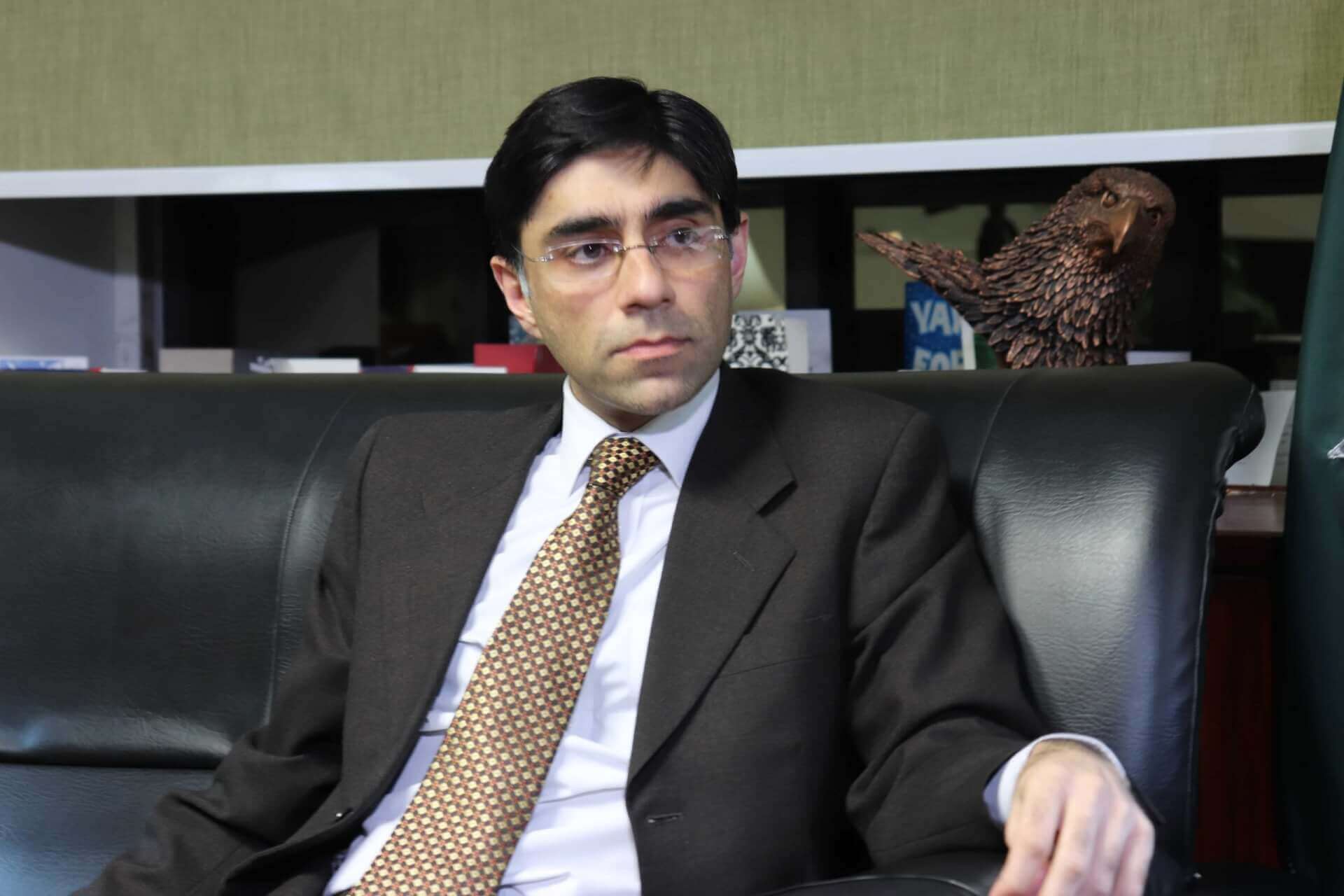Pakistan has demanded a joint probe to “accurately” investigate the accidental firing of an Indian supersonic cruise missile into its territory last week, saying it is a “serious matter” that cannot be dealt with by an “internal court of inquiry.”
On Friday, the Indian Ministry of Defence reported on Friday that on March 9 an Indian missile had landed in Mian Channu, Pakistan due to a “technical malfunction” during “routine maintenance.” The statement said that while the incident was “deeply regrettable,” no lives were lost and that the government has ordered the Indian Air Force to launch a “high-level Court of Enquiry.” Pakistan, however, communicated to the Indian Chargé d’Affaires in Islamabad, Suresh Kumar, that Pakistan must be involved in the probe in order to “accurately” investigate the incident.
#BREAKING: India says it accidentally fired a missile due to technical malfunction which landed in an area of Pakistan. Incident is deeply regretted.
— Aditya Raj Kaul (@AdityaRajKaul) March 11, 2022
The Government of India has taken a serious view and ordered a high-level Court of Enquiry. pic.twitter.com/hvmsIJRJIQ
Additionally, the Pakistani Ministry of Foreign Affairs demanded via a press release that India must explain: the “measures and procedures” it has to prevent such incidents; the type, specifications, and flight path of the missile; whether the missile was equipped with a “self-destruct mechanism” and why this failed to initiate; whether Indian missiles are “kept primed for launch even under routine maintenance”; and why it “failed to immediately inform Pakistan about the accidental launch.” Taking aim at the “profound level of incompetence,” Pakistan also demanded why the launch was only acknowledged by India after Pakistan “announced the incident” and whether the missile “was indeed handled by its armed forces or some rogue elements.”
Furthermore, it took aim at what it perceived to be “loopholes and technical lapses of serious nature in Indian handling of strategic weapons” and said the incident has raised questions about the “security protocols and technical safeguards against accidental or unauthorised launch of missiles in a nuclearised environment.”
Reiterating these concerns, Pakistani National Security Adviser Moeed Yusuf questioned India’s “ability to handle such sensitive technologies,” adding, “In a nuclear environment, such callousness and ineptitude raise questions about the safety and security of Indian weapon systems.” In addition, Pakistani Minister of Foreign Affairs Foreign Minister Shah Mahmood Qureshi also raised concern about the incident, and called on the international community to take notice.
During a press conference on March 10, Pakistani Inter-Services Public Relations chief Major General Babar Iftikhar clarified that the missile was “certainly unarmed” and that Pakistan had been monitoring the missile’s path since its origin in Sirsa, Haryana. However, after an assessment by the Pakistani Army, it was concluded that the incident was a misfire.
Reports suggest that the missile was a “practice version” of the BrahMos supersonic missile that was launched during an inspection at a “secret satellite base of the Indian Air Force.” However, unlike Pakistan’s claims that the missile changed its path after its launch from Sirsa, Indian sources claim that the projectile followed the exact path it would during a conflict. The source also clarified that the trajectory claimed by Pakistan was incorrect, which they said proves that the Pakistani military does not have the capability to track the missile or its launch site.
Likewise, Indian sources said that they informed Pakistani authorities of the accidental launch well before Pakistani military spokesman Major General Babar Iftikhar made it public.
This raises serious questions about India’s ability to handle such sensitive technology. This missile traveled close to the path of international and domestic commercial airlines and threatened the safety of civilians.
— Moeed W. Yusuf (@YusufMoeed) March 11, 2022
Fortunately, the incident did not result in an escalation of tensions between the two nuclear powers, which have witnessed heightened hostilities over the past two years. Pakistani Prime Minister Imran Khan said that Islamabad “could have responded” to the accidental missile launch but “observed restraint” instead.
India & Pakistan have dealt with the accidental firing of the Indian missile amicably!
— Happymon Jacob ഹാപ്പിമോൻ ജേക്കബ് (@HappymonJacob) March 11, 2022
It gives me great hope that the 2 nuclear weapon states dealt with the missile incident in a mature manner.
New Delhi should offer to pay compensation for the Pak house that was destroyed. pic.twitter.com/A9VSRVCiGI
The incident comes just 13 months after India and Pakistan agreed to a ceasefire along the Line of Control (LoC), wherein they committed to using the hotline mechanism and border flag meetings to discuss any future course of action to “resolve any unforeseen situation or misunderstanding.” While the announcement may have appeared to be historic, similar agreements were signed in 2018 as well as 2003, but were ultimately ignored.

